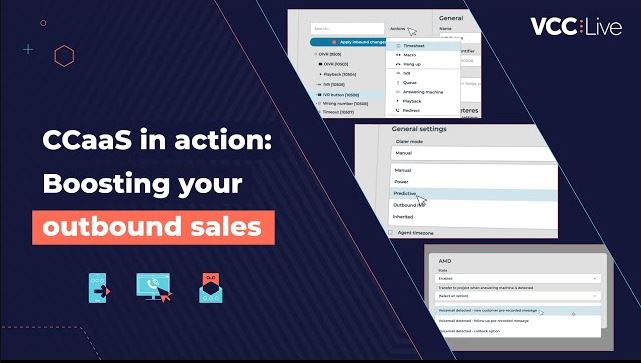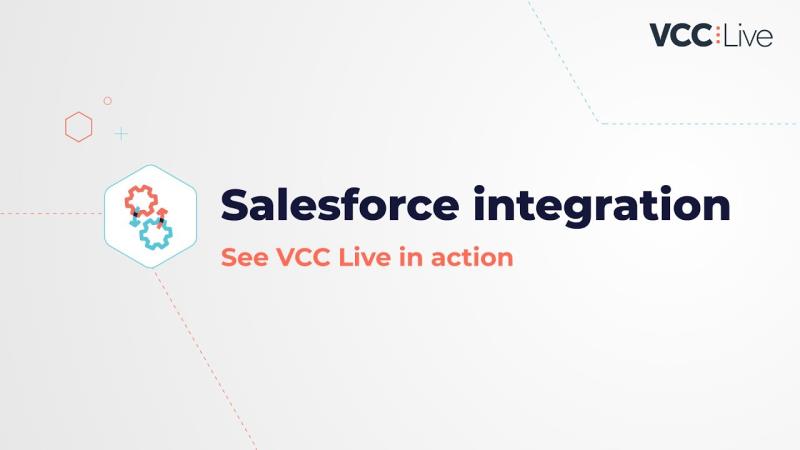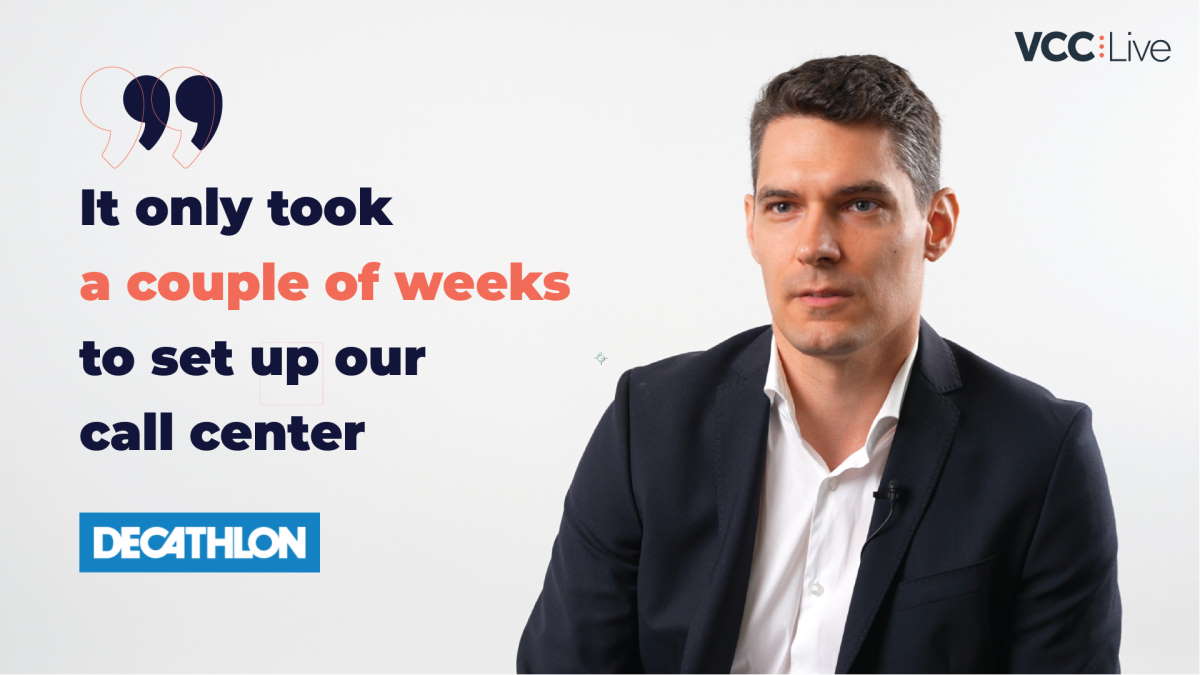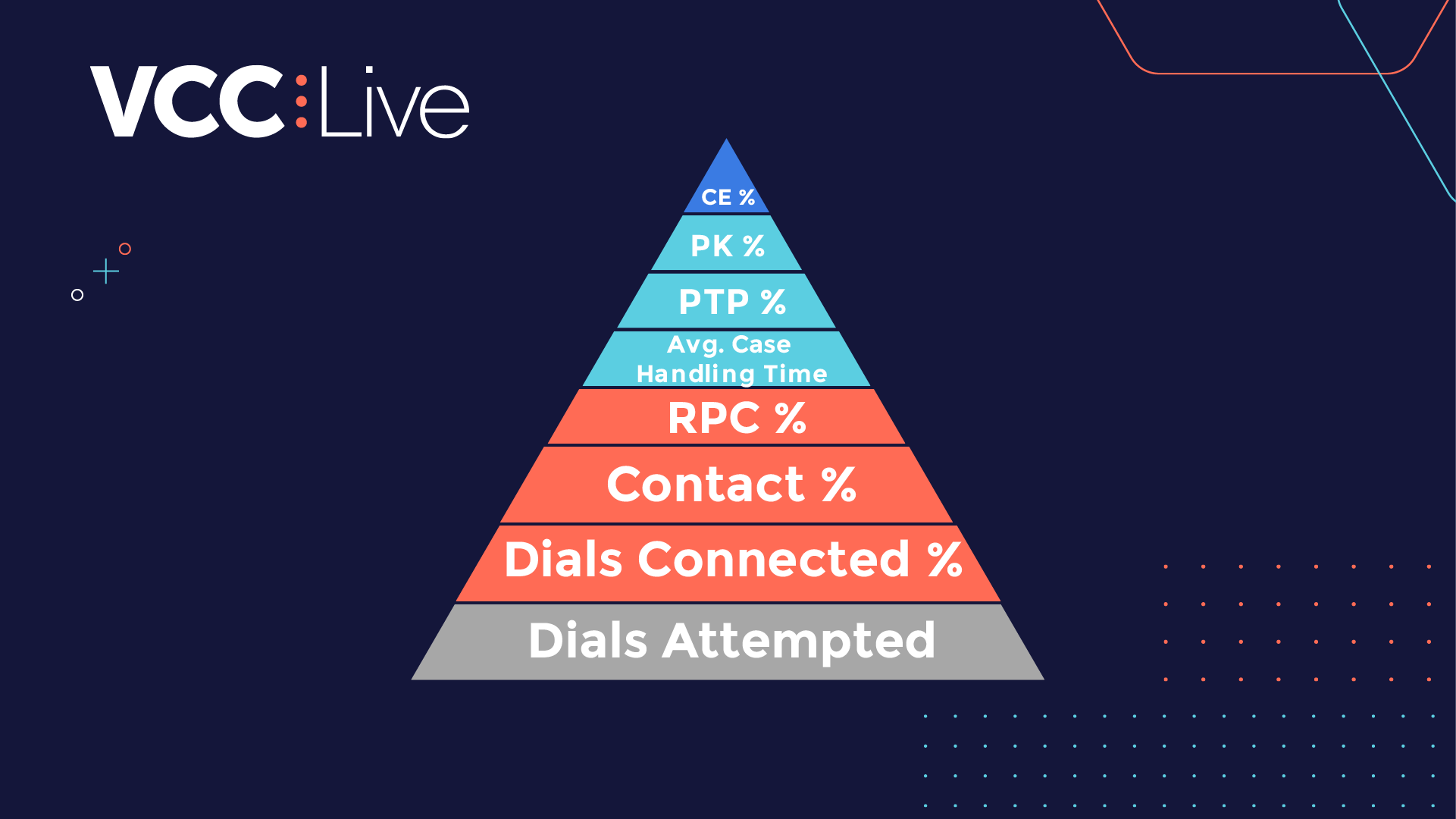People reach out to customer service lines with a wide range of issues. If they can be connected with the agent who is most qualified to handle their particular request, the chances of achieving a satisfactory result are a lot higher. This is exactly what skills-based routing is for and why you need to use it in the call center.
In this article, we will show you how skills-based routing will help you reach high levels of customer satisfaction.
What is skills-based routing?
Most call centers offer several services, each requiring a different skill set. Of course, not all agents are created equal: while some of them might be great at customer service, others might be natural-born salespeople.
And this is where skills-based routing comes in handy: it’s a technique used to direct customers to the right agent based on the service requested.
Calls might be routed based on agents’ availability and skills, the type of customer query and customers’ call history.
Benefits of skills-based routing
Every call center team consists of agents with different skill sets. And by leveraging these different skills and knowledge, you can easily skyrocket your customer satisfaction (CSAT) levels.
Skills-based routing will allow you to utilize your agents’ strengths by assigning them to calls that require their expertise. In other words, you’ll be able to direct callers with simple issues to less specialized agents, while customers with specific requests to more experienced agents. As a result, both average wait times and first call resolution will improve as agents are not only talking to customers but are also efficiently resolving their issues.
By matching customers with agents who have relevant expertise, you’re also able to offer a more personalized experience to your callers. Agents also benefit from tailored tasks: skills-based routing optimizes their workload, leading to more successful interactions and higher morale, as they’ll be more confident handling calls.
As your contact center grows, skill-based routing enables easier scalability, as it gives you real insights into what specific skills to look for in new hires. When a new product, service or issue emerges, these insights also help you adjust routing rules accordingly.
In the long run, all these benefits lead to lower operational costs for your contact center.
How to use skills-based routing
For skills-based routing, all you need is a reliable software solution that enables you to route your calls to agents with the proper skills and knowledge.
When it comes to routing your calls, the best method is to assign agents to different campaigns based on their skills, a technique that is already available in VCC Live’s solution.
However, in case you work with a smaller workforce, chances are your agents need to handle several types of services, and thus you cannot divide them by campaigns. Luckily, skills-based routing is an efficient method in such cases too.
Let’s look at an example: out of your 50 agents, 25 excel at sales activities, the rest are proficient in complaint handling. Let’s say you experience peak periods when all of your 50 agents need to actively take calls. With VCC Live, you can rank your agents based on their knowledge and customer profiles and route your calls accordingly.
As such, if you suddenly receive an increased number of incoming calls after a TV spot, the calls will be first routed to your 25 agents specialized in sales and after to your remaining agents in case extra help is needed. Similarly, customer complaints will be primarily routed to customer service agents but in case of an unexpected peak time sales agents will also receive incoming calls.
In a nutshell…
Skills-based routing is inevitable for any call center that strives to provide superior customer experience. Amongst other things, it reduces average wait time, increases first call resolution and greatly improves customer satisfaction.
Learn more about call routing
Check out some other posts on call routing to learn more about this feature:
Automatic call distribution (ACD) for building great customer journeys
What is Automatic Call Distribution (ACD)?
Call Routing in a Contact Center















